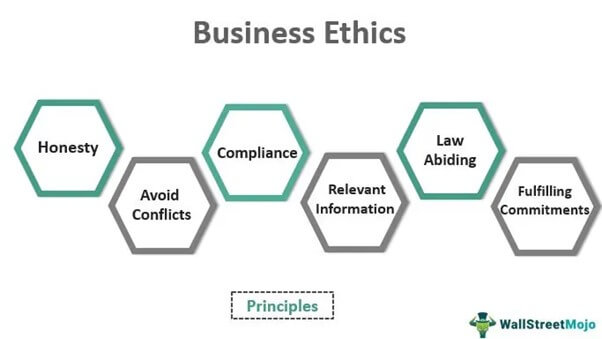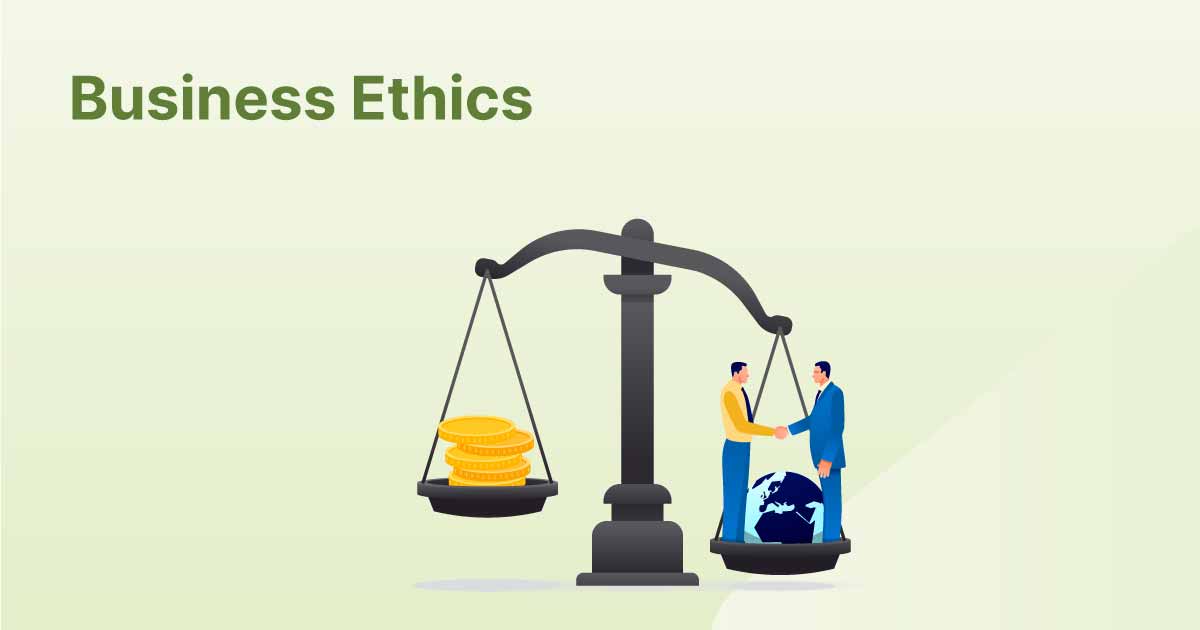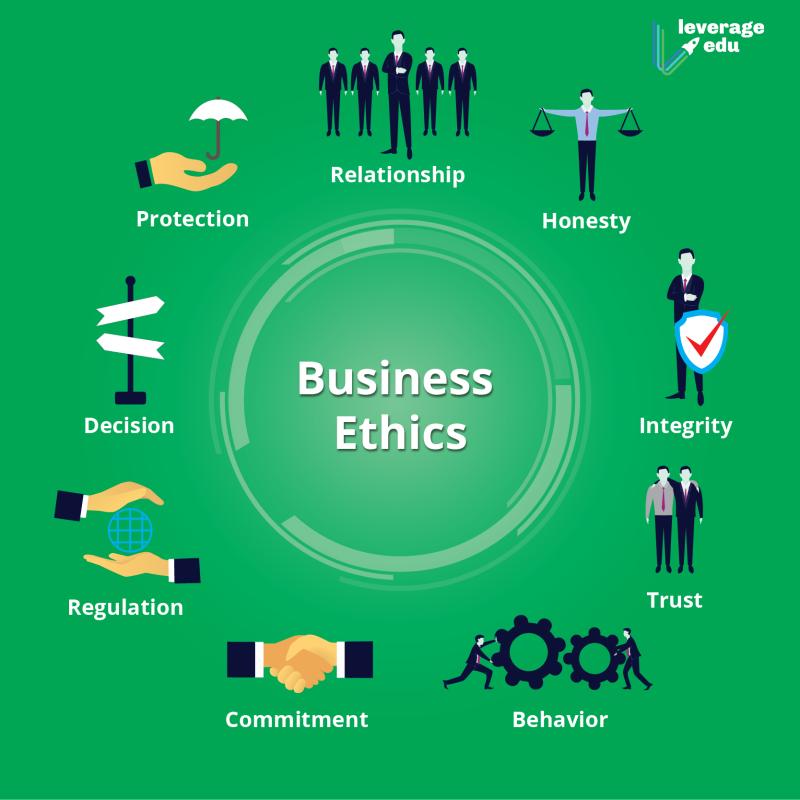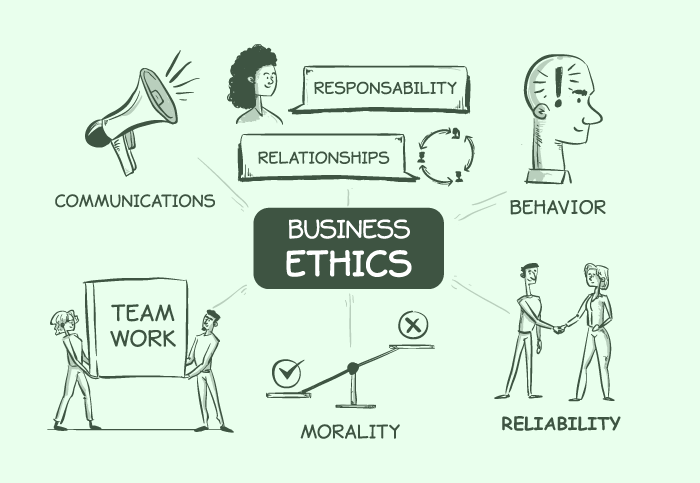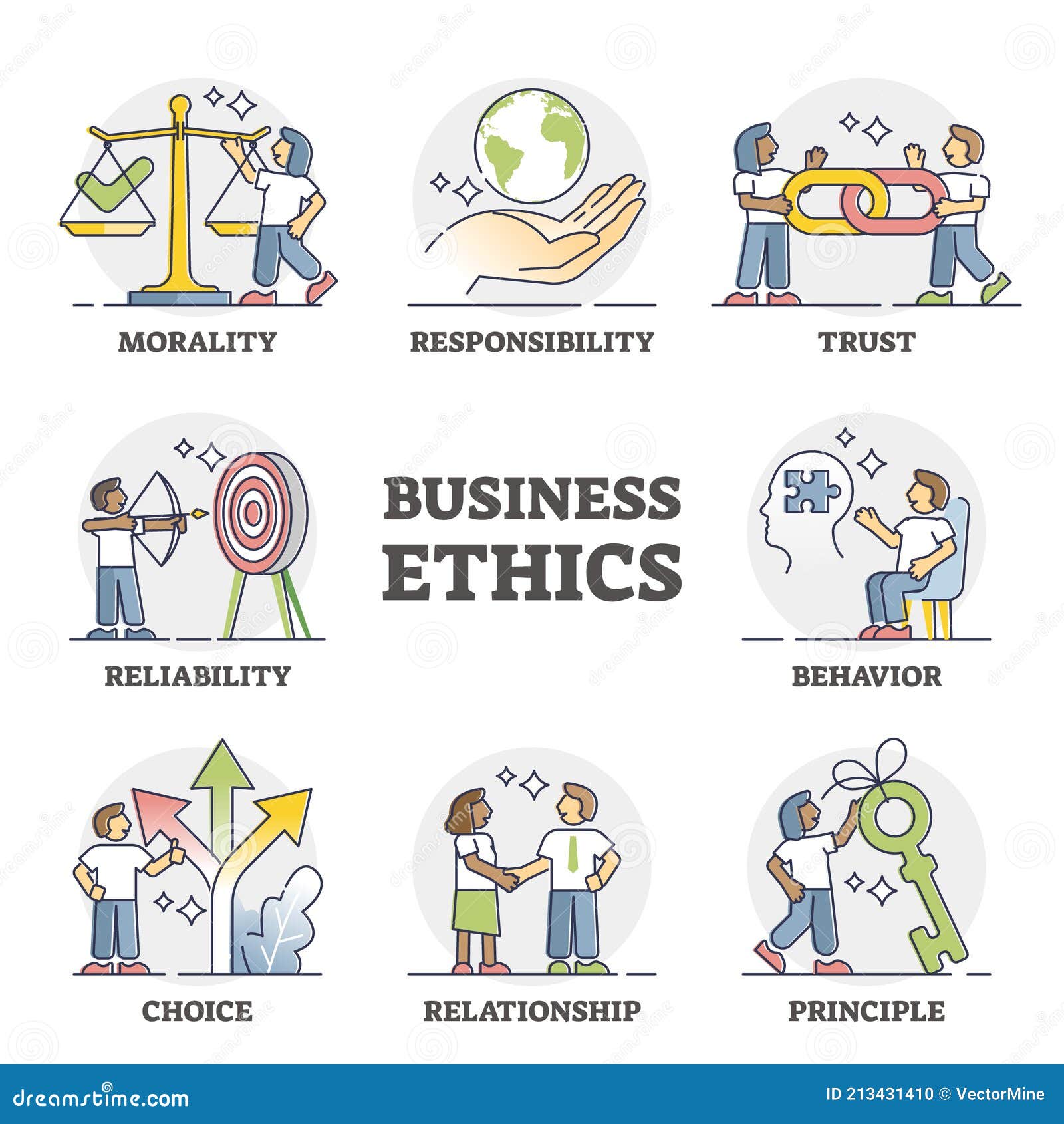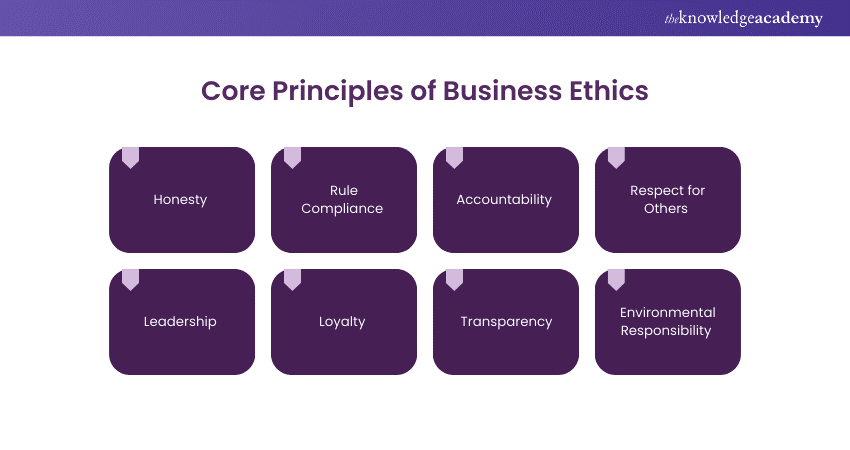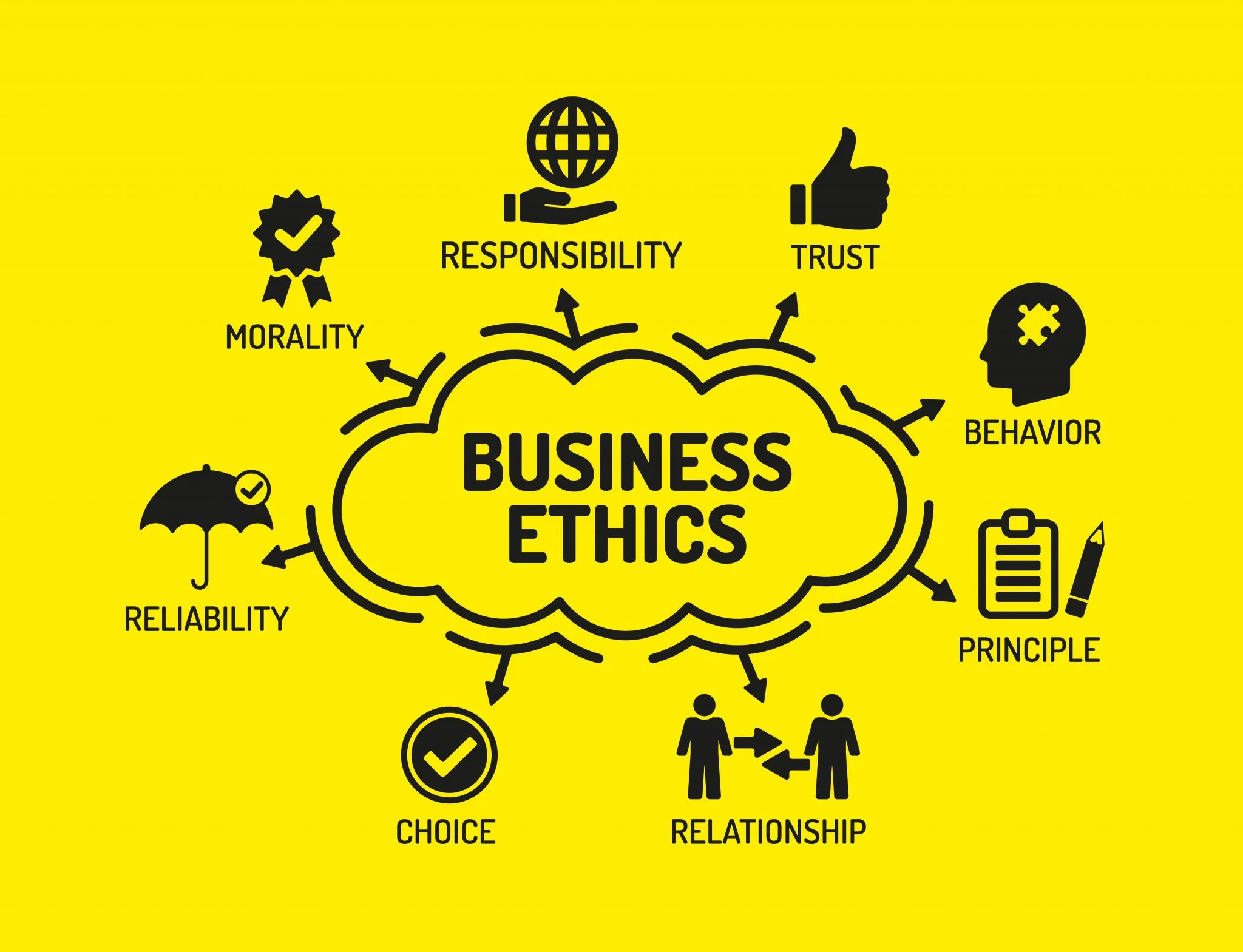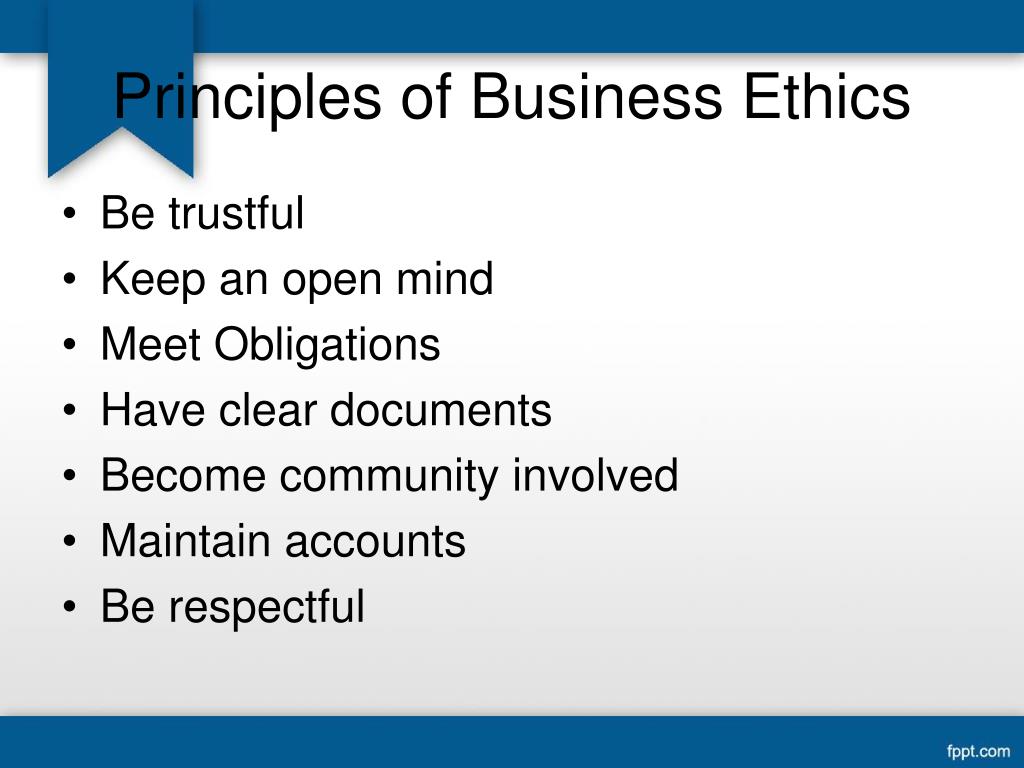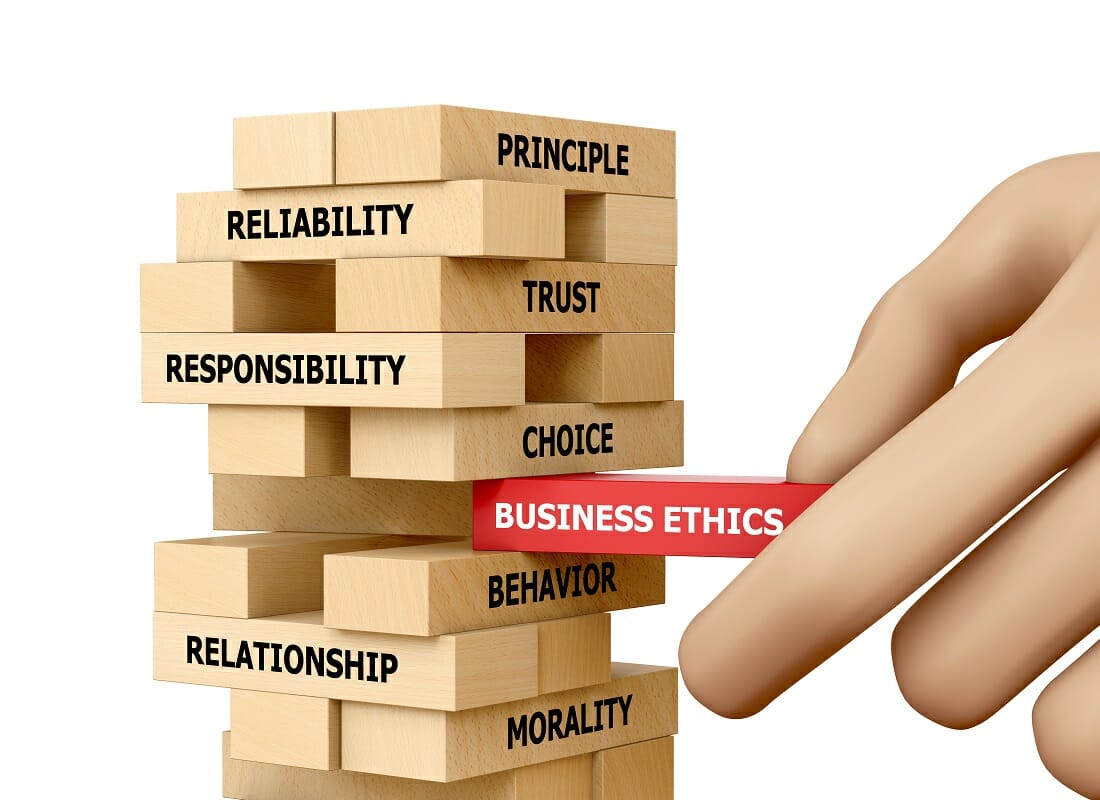How Do Ethical Principles Apply To Businesses

In today's complex and interconnected world, businesses are under increasing scrutiny regarding their conduct. Beyond simply generating profit, companies are expected to operate in a manner that aligns with ethical principles, reflecting a growing societal demand for corporate responsibility.
This article explores how ethical principles apply to businesses, examining the core concepts, the challenges companies face in implementation, and the potential consequences of ethical or unethical behavior. Understanding these dynamics is crucial for businesses striving to build trust with stakeholders and contribute to a sustainable future.
Core Ethical Principles in Business
At the heart of business ethics lies a set of fundamental principles. These principles guide decision-making and shape corporate culture.
Honesty and integrity are paramount. Companies must be truthful in their dealings with customers, employees, investors, and the public.
Fairness demands equitable treatment across the board. This includes fair wages, equal opportunities, and non-discrimination practices.
Responsibility involves accountability for actions and their consequences. Businesses should strive to minimize harm and maximize benefit to society and the environment.
Transparency requires open communication and disclosure of relevant information. This builds trust and allows stakeholders to make informed decisions.
Challenges in Implementation
Despite the clear importance of ethical principles, implementing them in practice can be challenging. Several factors contribute to this complexity.
Conflicting interests often arise. For example, a company may face pressure to increase profits even if it means cutting corners on safety or environmental protection.
Global supply chains introduce ethical dilemmas. Ensuring fair labor practices and environmental standards in distant factories can be difficult to monitor and enforce.
Differing cultural norms can create ambiguity. What is considered ethical in one country may not be in another.
According to a 2023 report by the Ethics & Compliance Initiative (ECI), nearly one in five employees observe misconduct in the workplace, highlighting the ongoing need for ethical leadership and training.
The Impact of Ethical and Unethical Behavior
The consequences of ethical or unethical behavior can be significant, affecting a company's reputation, financial performance, and long-term viability.
Ethical behavior fosters trust. A company known for its integrity attracts loyal customers, dedicated employees, and supportive investors.
Strong ethical practices can enhance brand value. Consumers are increasingly willing to pay a premium for products and services from companies they perceive as ethical and responsible.
Unethical behavior, on the other hand, can lead to severe repercussions. These can include lawsuits, fines, regulatory penalties, and reputational damage.
For example, the 2015 Volkswagen emissions scandal cost the company billions of dollars in fines and legal settlements, and severely damaged its brand image.
Moreover, unethical behavior can erode employee morale and create a toxic work environment. This can lead to decreased productivity and increased turnover.
The Role of Leadership and Corporate Culture
Ethical behavior starts at the top. Leaders must set a clear example and promote a culture of integrity throughout the organization.
This includes establishing a code of ethics, providing ethics training, and creating mechanisms for reporting and addressing ethical concerns.
Whistleblower protection policies are crucial. They encourage employees to speak up about misconduct without fear of retaliation.
Companies like Patagonia are often cited as examples of ethical leadership. Their commitment to environmental sustainability and fair labor practices is deeply ingrained in their corporate culture.
Looking Ahead
As society becomes increasingly aware of the importance of ethical behavior, businesses will face growing pressure to act responsibly. This requires a proactive approach, with companies actively seeking to identify and address ethical challenges.
Technology presents both opportunities and challenges. Data privacy, artificial intelligence, and the gig economy raise new ethical questions that require careful consideration.
Ultimately, ethical business practices are not just about compliance; they are about building a sustainable and equitable future for all. By embracing ethical principles, businesses can create value for their stakeholders and contribute to a more just and prosperous society.

